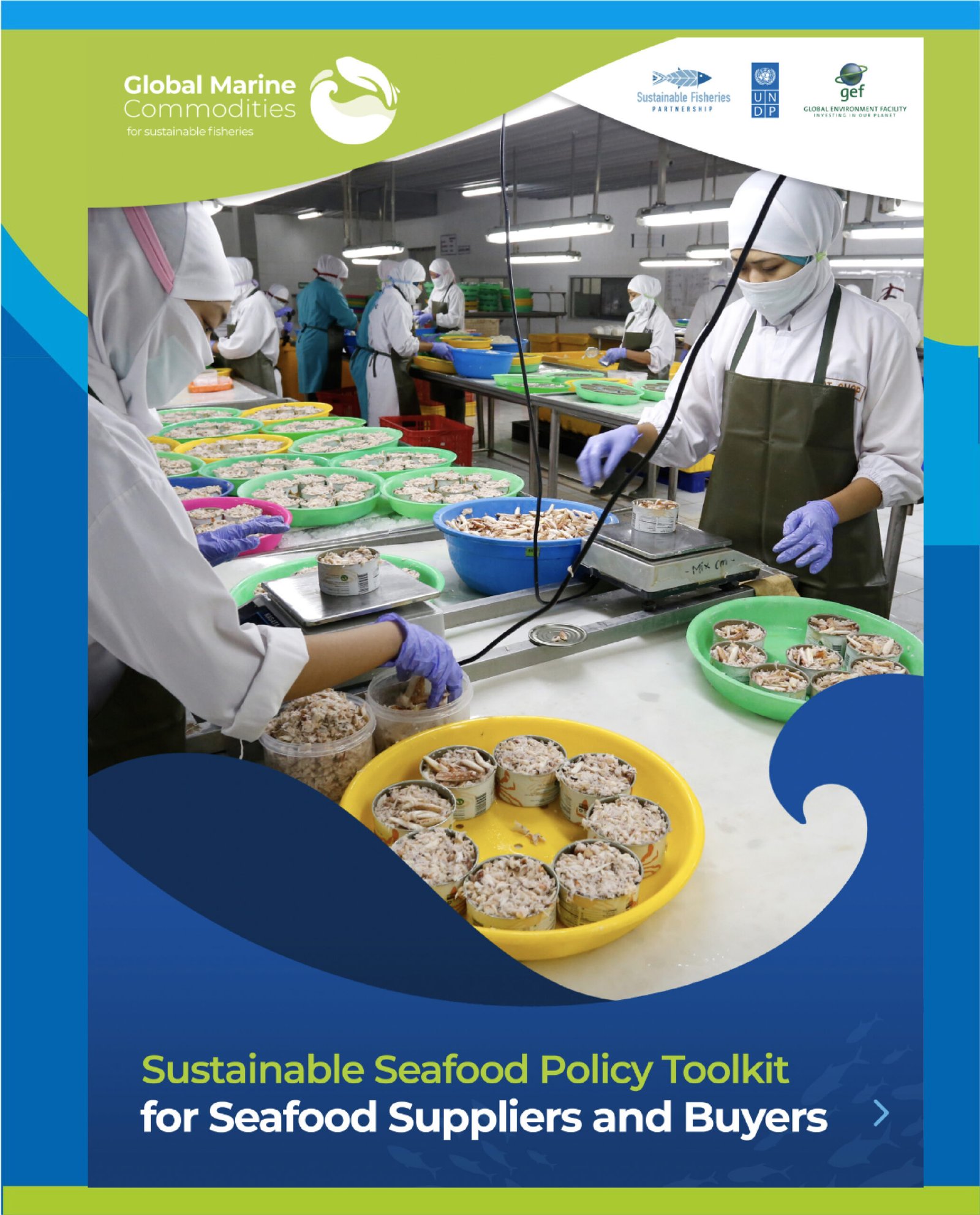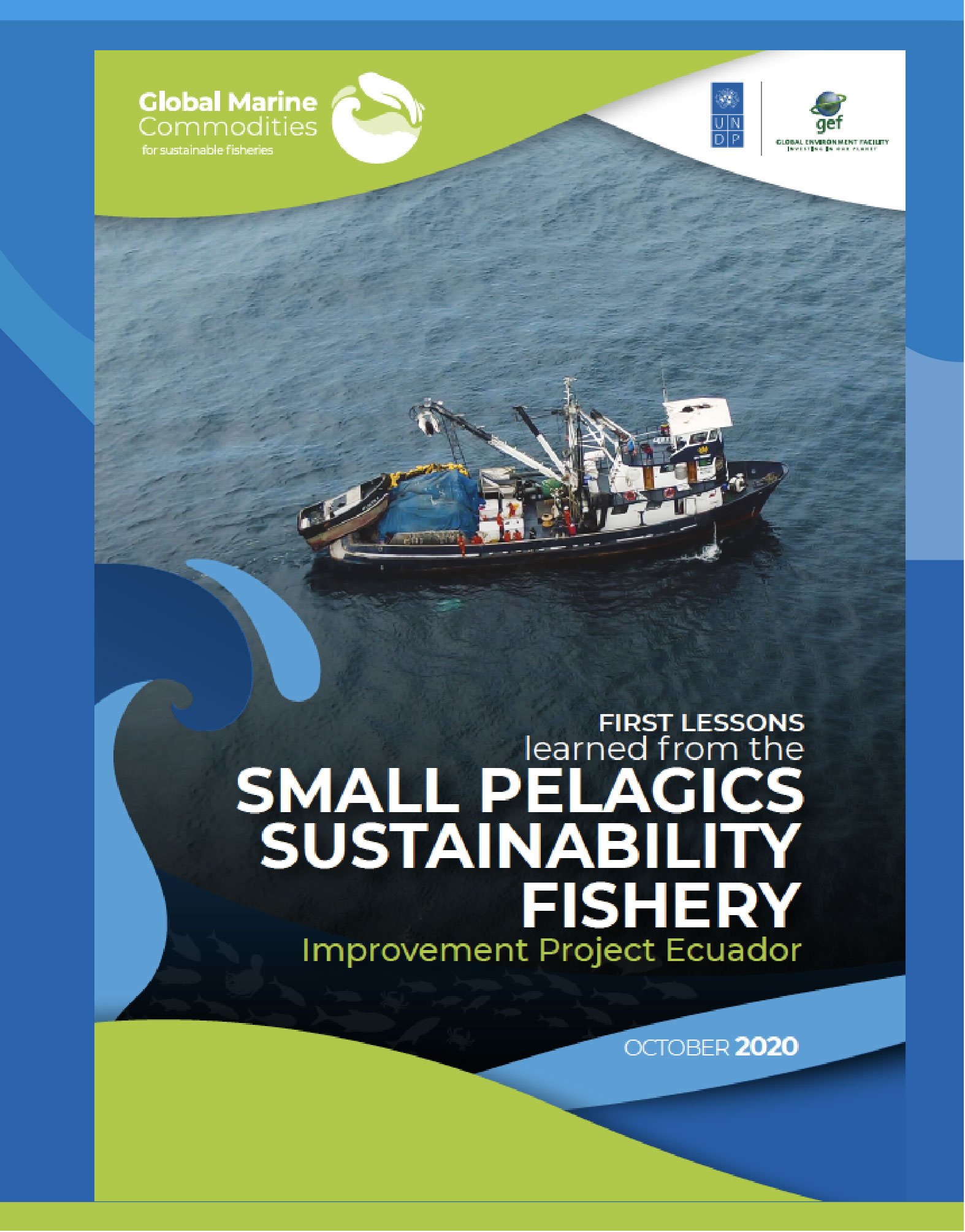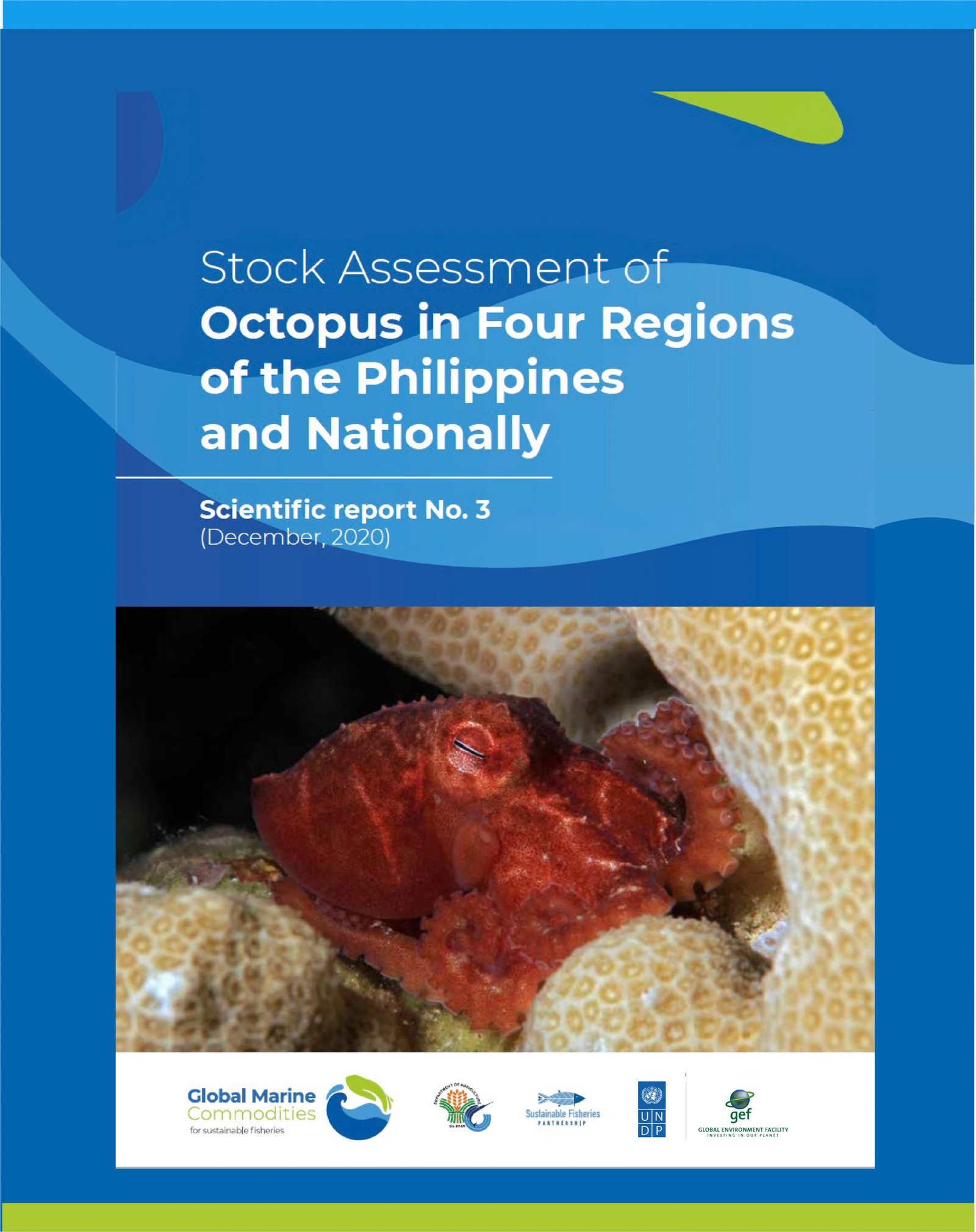Sustainable Seafood Policy Toolkit for Seafood Suppliers and Buyers

Abstract:
The present brief provides a high-level overview about the impact of COVID-19 in some T75 fisheries that are key for global seafood production and supply, and identifies the measures taken by vendors and suppliers and their perspectives for the near future. T75 fisheries are high-volume fisheries with product destined mainly for the export market. The final goal of this analysis is to inform the development of targeted interventions that can be implemented by SFP, as well as by other organizations and partners interested in providing support during the crisis.Organization(s): PNUD
Publication year: 2020
Keywords:
Geographic keywords:
Language(s): English
How useful was this document?
Share:
Key considerations for a diagnosis of fisheries issues: Generating information for participatory fishery dialogues


Abstract:
There are many different fisheries assessment systems available, the majority of which focus on the technical and scientific aspects of fishery performance. The outputs from these analyses may enable insights into the range of issues but may not provide an in-depth insight into connections between issues or deeper causes. This document is part of a series of guidance tools developed by the UNDP to assist those wanting to establish dialogues aimed at improving fisheries management. It is the ‘front end’ of a well-established methodology known as Root Cause Analysis (RCA) which is used in a wide variety of situations to generate an understanding of the drivers that underlay environmental, social or economic issues in commodity production. This guidance focuses on fishery dialogues and utilises the FAO Code of Conduct for Responsible Fisheries and interpretive documents such as the FAO’s Guidelines for Small Scale Fisheries, as the basis for ensuring that the RCA is fully informed by a consideration of issues agreed internationally as being important to ensuring sustainable and responsible fisheries.Organization(s): UNDP
Publication year: 2021
Keywords:
Geographic keywords:
Language(s): English
How useful was this document?
Share:
First Lessons learned from the Small Pelagics Sustainability Fishery Improvement Project Ecuador


Abstract:
This document summarizes the lessons learned in the first three phases of implementation of the Ecuadorian Small Pelagics Sustainability Fishery Improvement Project (SPS-FIP), which involves 16 Ecuadorian fishmeal processing companies, two ingredient marketers and four international producers of animal feed. This project arose from the need to respond to the market demand to demonstrate the sustainability of the raw material for the aquaculture feed manufacturing industry. The SPS-FIP is led by the National Chamber of Fisheries (CNP, for its acronym in Spanish), with technical support from the United Nations Development Programme (UNDP) through the “Global Sustainable Supply Chains for Marine Commodities” (GMC) project, and the non-governmental organization (NGO) Sustainable Fisheries Partnership (SFP).Organization(s): SFP, CNP, IPIAP
Publication year: 2020
Keywords:
Geographic keywords:
Language(s): English
How useful was this document?
Share:
Pertimbangan Pokok untuk Ruang Dialog Multi-Pemangku Kepentingan untuk Tata Kelola Perikanan yang Lebih Baik


Abstract:
The United Nations Development Programme (UNDP) is committed to enabling people to share their goals,needs and commitment to managing the use of natural resources (water, forests, soils, fisheries) in a way that meets global sustainable development goals. The UNDP has been facilitating dialogues between people involved in a variety of commodities such as coffee, oil palm, soy, beef and cocoa. The move into seafood enabled this approach to be applied to seeking solutions to the well documented issues associated with overfishing and the inequitable distribution of benefits from the use of fishery resources. As publicly owned resources, fisheries are more likely to be sustainable when stakeholders are actively involved in the management process. The Sustainable Marine Commodity Platform approach ensures that those in the wider supply chain, who also have an interest in sustainable use, are proactively included.Organization(s): UNDP | SFP
Publication year: 2020
Keywords:
Geographic keywords:
Language(s): English
How useful was this document?
Share:
Stock Assessment of Octopus in Four Regions of the Philippines and Nationally


Abstract:
Scientific stock assessment is a key bio-mathematical tool in the understanding of the population dynamics of fished stocks, estimation of their productivity and establishment of management programs aimed at their sustainable exploitation. Octopus fisheries are a special case because octopus stocks are short-lived, with fast dynamics, and their exploitation is usually conducted by small-scale fisheries. Thus data collection tends to be deficient, making them data-poor or data-limited fisheries that require specialized tools for their assessment. This scientific report collect data from the four Philippine’s selected regions and the national total were analyzed to determine the abundance and exploitation status of the octopus stock.Organization(s): UNDP | SFP
Publication year: 2020
Keywords:
Geographic keywords:
Language(s): English
How useful was this document?
Share:

